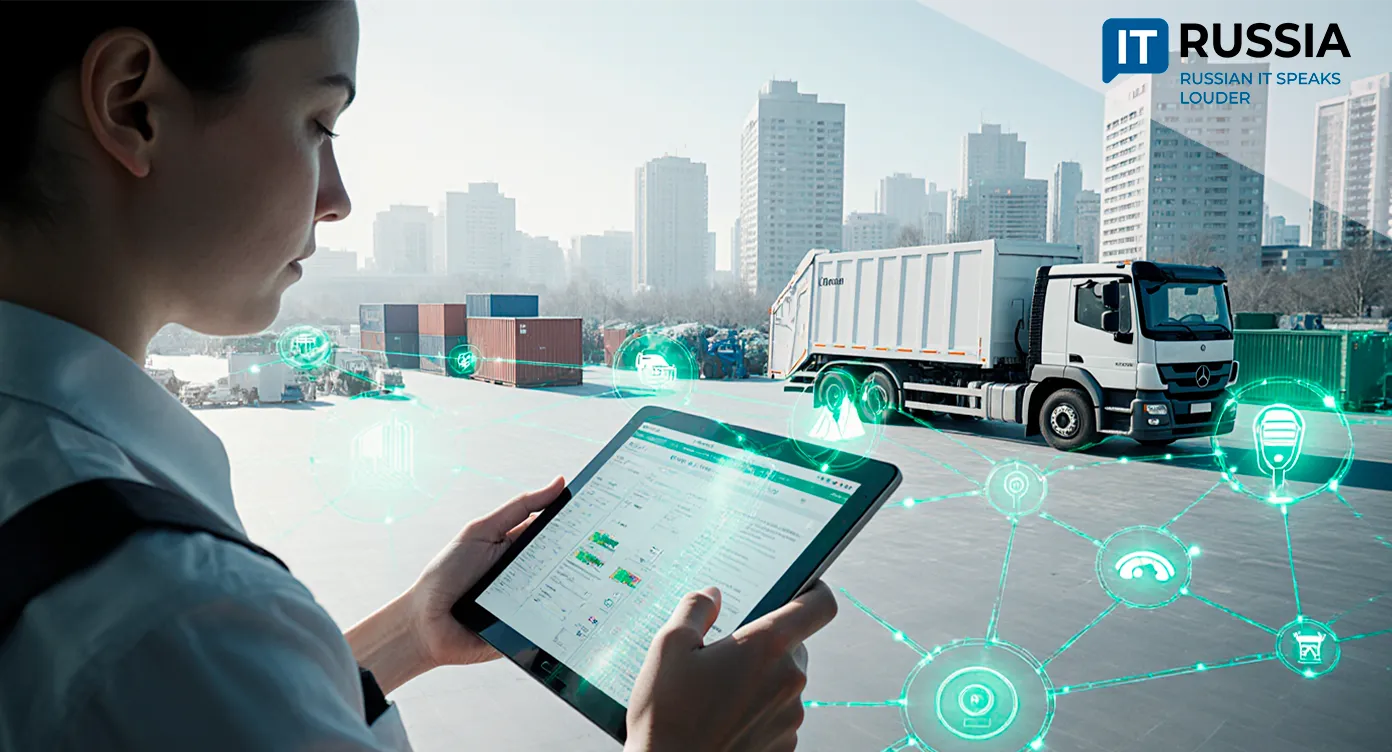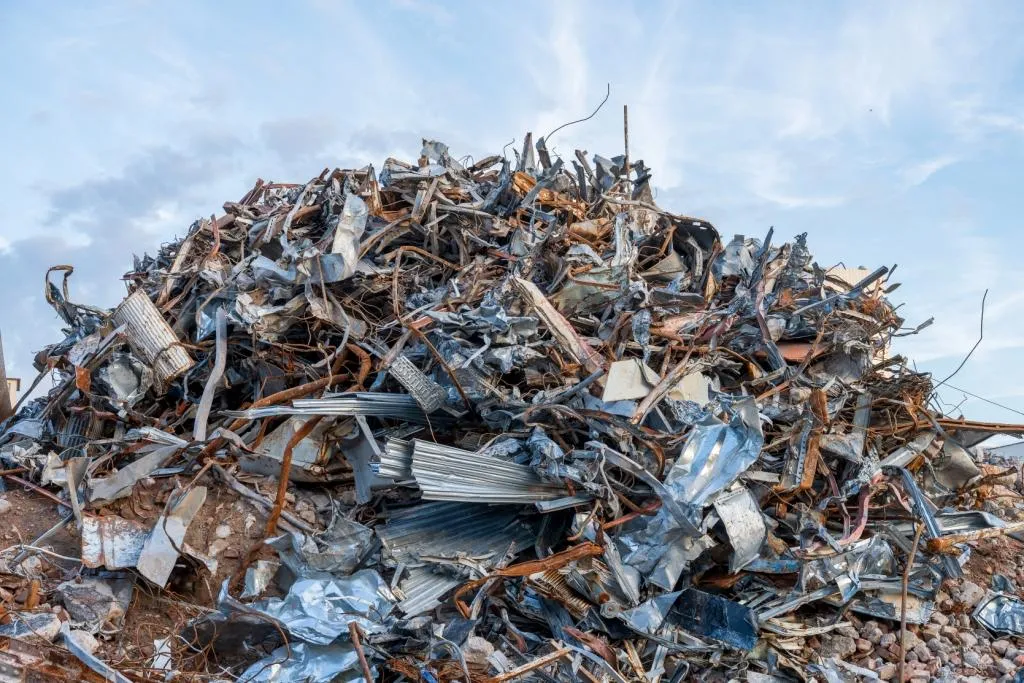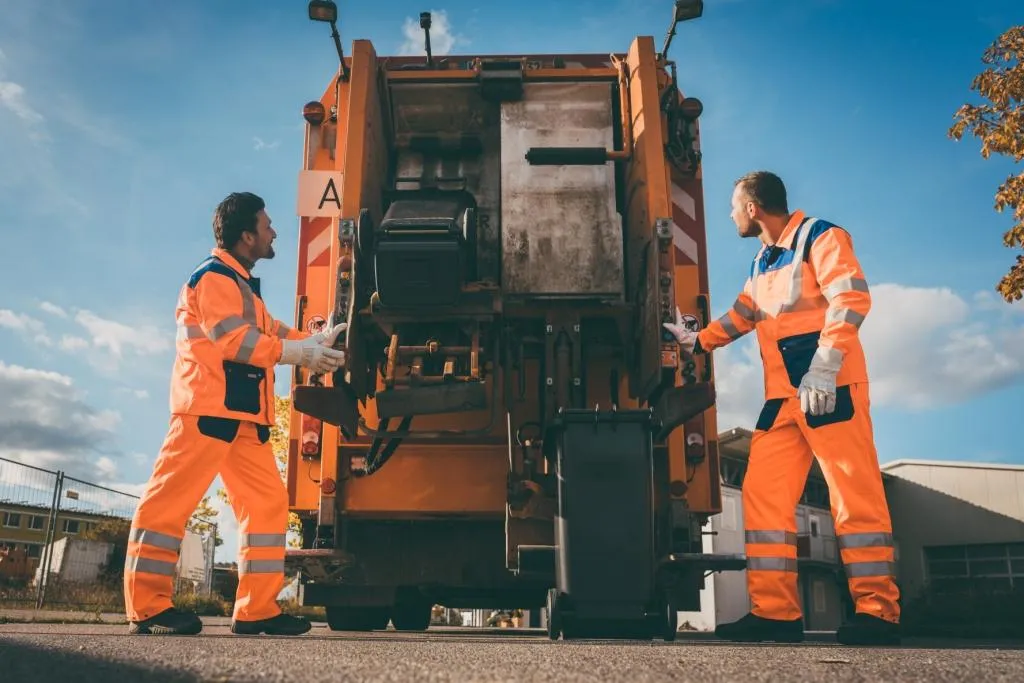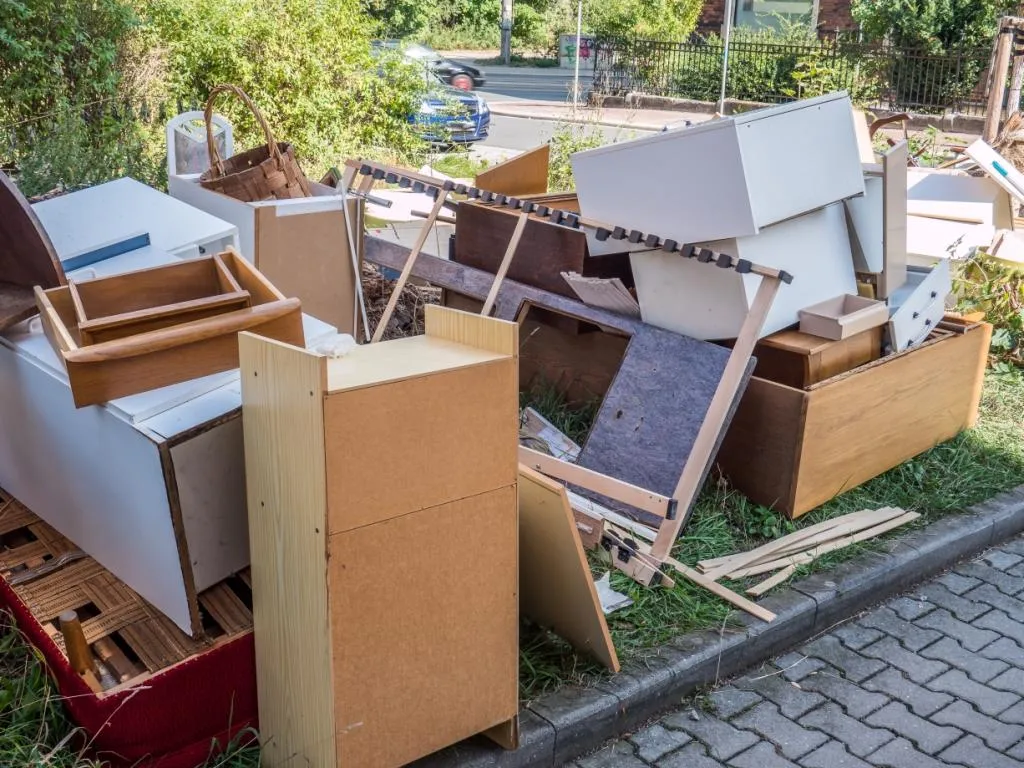Russia Streamlines Its Waste Management System at the Federal Level
Russia is launching a large-scale digital transformation of its municipal solid waste management sector. Supported by government initiatives and advanced IT solutions, the effort aims to increase transparency, efficiency, and environmental sustainability across the industry.

Legislative Momentum and Digital Architecture
At the initiative of the Russian Environmental Operator (REO), the government has accelerated efforts to establish a comprehensive regulatory framework that will underpin technological renewal.
A key element is the development of the Federal State Information System for Solid Waste Accounting (FGIS UTKO). The Ministry of Natural Resources has prepared amendments to expand the system’s data scope—introducing a monthly waste balance and detailed financial reports from operators.
Equally significant is the planned integration of FGIS UTKO with the national Housing and Utilities Information System (GIS ZhKH). This step will eliminate duplication of data on waste sites, norms, and contracts—a major bureaucratic burden for regional authorities and operators. Synchronizing these systems will free up resources and improve data quality.
Overall, modernization of the waste management infrastructure will enhance transparency and improve waste collection and recycling performance across Russia.

Digitalization Goals and National Targets
The success of waste sector digitalization depends on coordinated action between federal and regional authorities and the resolution of several critical challenges.
Russia’s national goals envision sorting 100% of solid waste and recycling at least 25% by 2030. However, without building new processing facilities—currently facing a shortfall of 14 million tons per year—and investing around 900 billion rubles (approximately $10.8 billion), landfills and tariffs for residents could see rising pressure.
Developing unified digital standards and system architecture will also open opportunities for domestic developers. Russian software, sensors, and platform technologies that have proven effective within the country could become export products for CIS and Eastern European markets.

Domestic IT Solutions in Action
While the legal foundation evolves, concrete digital tools are already being deployed nationwide.
Artificial intelligence is now used for monitoring and control. In the Moscow Region, the “Clean Territory” neural network—integrated with thousands of cameras—automatically detects violations such as overflowing containers or cars parked on lawns. The system has already reduced citizen complaints by 28% and helped save public funds. Another solution, Rostelecom’s “Solid Waste Monitoring” service, installs cameras at waste collection sites that transmit real-time data on violations directly to operators.
Automation of logistics and management processes is advancing as well. Regional operators are adopting specialized systems such as AIS “APRO,” which automates contract management, billing, claims processing, and—most critically—route optimization. This has reduced logistics costs by 20–25%. Similar IT platforms offered by other companies ensure real-time monitoring of waste collection and automatically generate optimal routes.

Digital twins and predictive analytics represent another promising direction. The Russian Environmental Operator has already created 597 digital twins of landfills, allowing remote detection of violations and improving oversight efficiency.
Economic and Environmental Impact
By 2025, large-scale deployment of digital technologies is expected to save Russian companies more than 1 trillion rubles (approximately $12 billion) through reduced operating costs.
In the housing and utilities sector, this will directly contribute to tariff optimization for residents.
The digital transformation of the solid waste management sector is more than a technological upgrade—it’s a strategic opportunity to build a circular economy that is efficient, transparent, and environmentally responsible. Its success depends on the alignment of legislative and technological agendas and on the readiness of regional authorities to implement advanced IT solutions.










































